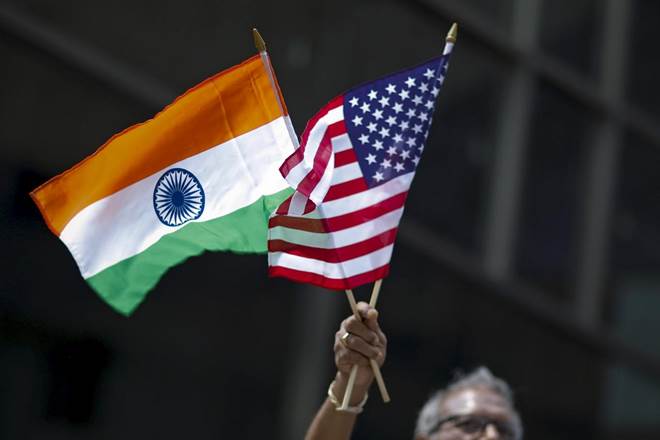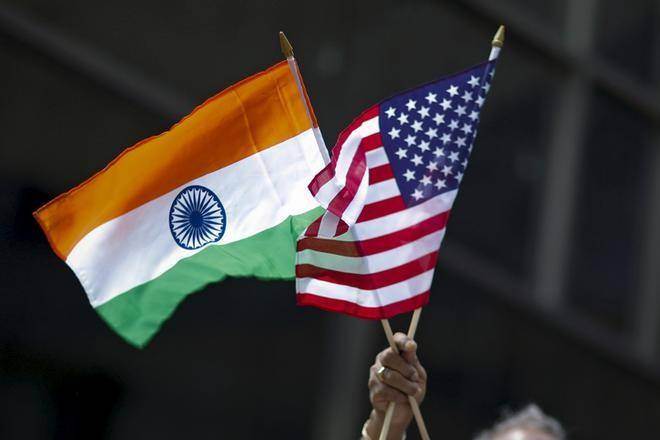
The United States of America has placed India on its ‘Priority Watch List’ among other countries over the issue of Intellectual Property Rights (IPR). India has been alleged for not taking sufficient measures to improve its IP framework which has negatively affected the US right holders in the past years.
However, India does not need to revisit its IPR law, which has been found to be WTO compliant and also upheld by the Supreme Court of India, told former secretary of Ministry of Industry and Commerce Ajay Dua to Financial Express Online.
The US has always been unhappy with the provisions of our patent law which has put restrictions on evergreening of patents and has provisions like compulsory licensing. The move to place India on the ‘Priority Watch List’ seems to be taken under the influence of US pharmaceutical industry, he added.
He further pointed out towards the absence of details given by the US on their specific objections on Indian patent law. “More than the law, India may need to work on its implementation machinery which includes enforcement and investigation agencies,” Dua said.
READ ALSO: Iran oil blow: No worry for India as Saudi Arabia, Russia chip in to make up for shortfall
The other countries in the list are China, India, Indonesia, Kuwait, Russia, Algeria, Argentina, Chile, Saudi Arabia, Ukraine and Venezuela. These countries will be the subject of increased bilateral engagement with United States Trade Representative (USTR) to address IP concerns, USTR said in a statement.
USTR will review the development against the benchmarks established in the Special 301 action plan report. Countries which have been on the list for a long time and yet not addressed the US concerns will attract enforcement actions under Section-301 of the Trade Act or WTO dispute settlement measures, said USTR.
India-US IPR issues
IPR plays an important role in almost every sector and has become an important factor for investment decisions by various companies.
According to the US, the weak IP regime in India makes it tough for innovators to receive and maintain patents in India, especially pharmaceuticals. Insufficient enforcement actions, copyright policies that do not properly incentivize the creation, commercialization of content, and an outdated and insufficient trade secrets legal framework are some of the issues mentioned in the Special 301 action plan report of USTR.
The report also pointed towards the restriction on the sharing of information provided on state-issues pharmaceutical manufacturing licenses, expansion of applications of patentability exceptions to reject pharmaceutical patents, lack of effective system for protecting against unfair commercial use, unauthorised disclosure of undisclosed test or other data generated to obtain marketing approval for certain agricultural chemical products

